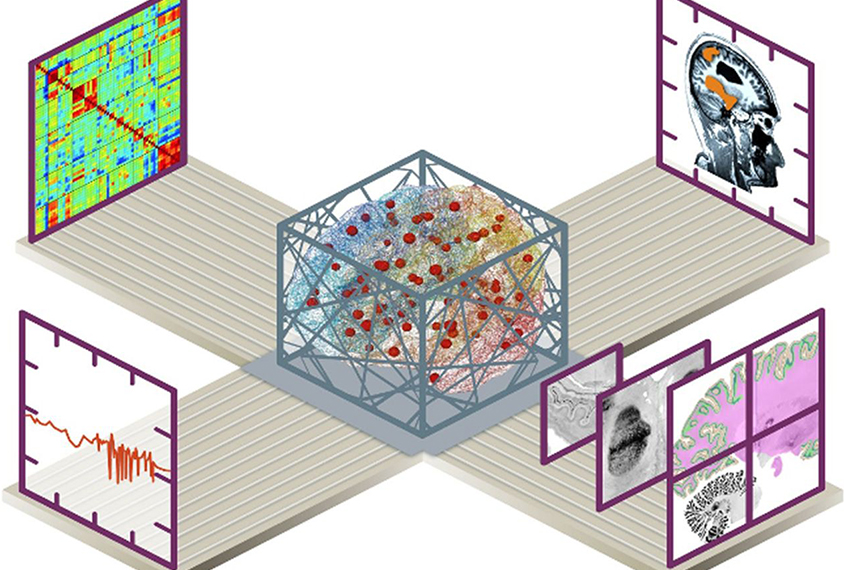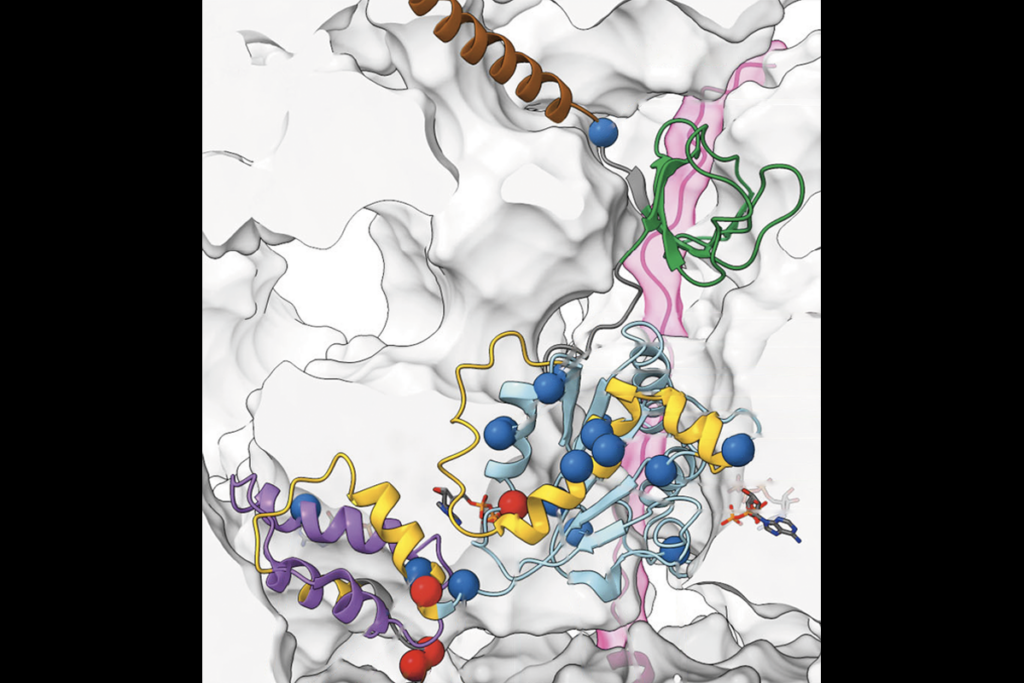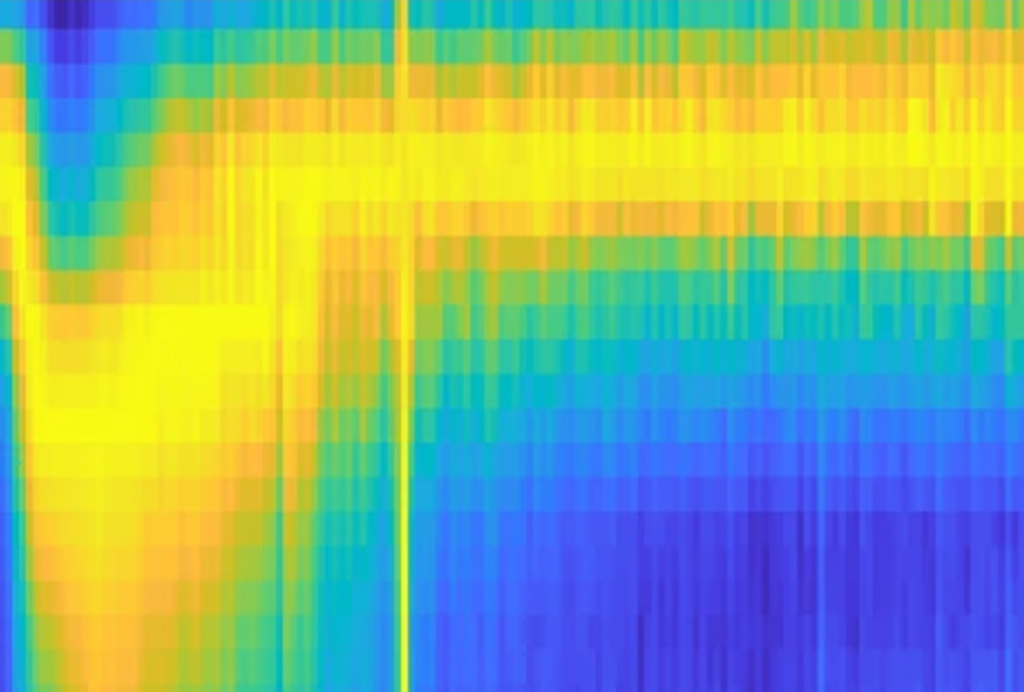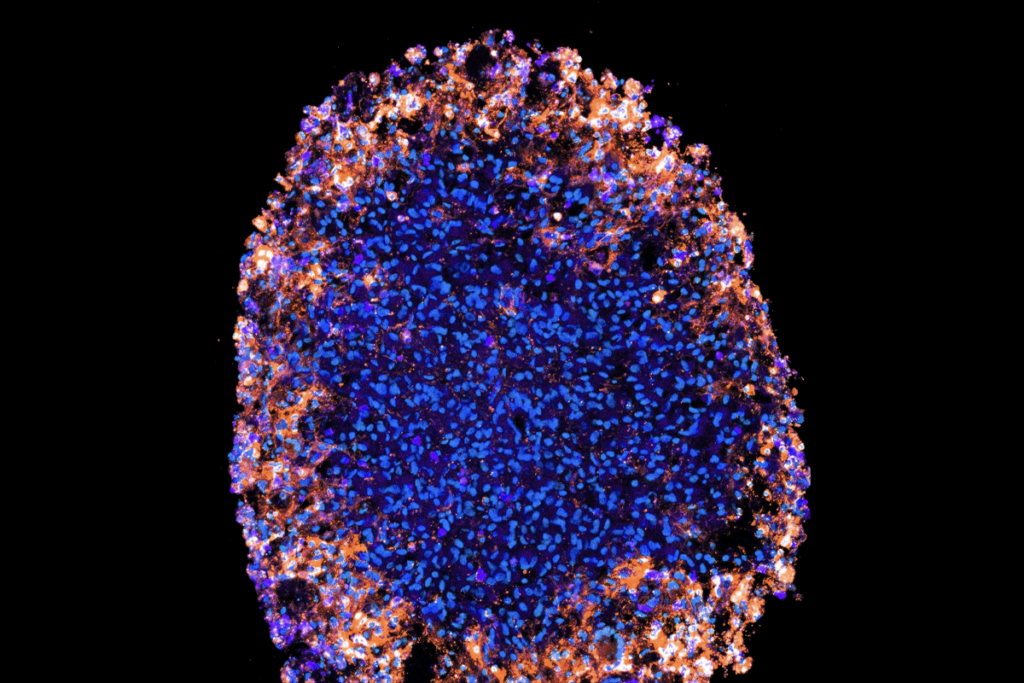Research roundup
- Autistic adults report more sleep disturbances than non-autistic adults do; during the COVID-19 lockdown, both groups experienced poorer sleep than they did pre-lockdown. Autism Research
- Differences in neuronal connectivity appear to be correlated with camouflaging behaviors in autistic women. Cerebral Cortex
- Many autism-linked genes affect glutamate neurotransmission — by altering receptors, neuron migration and synaptic function. Molecular Psychiatry
- Autistic people often view gender differently than non-autistic people do, according to clinicians who treat people with autism and gender dysphoria. Autism
- Neural network activity that converges on the ventral tegmental area appears to predict social preferences in mice. Neuron
- Autistic people may have a weaker association between prosocial personality traits and the ability to read positive emotions on other people’s faces than non-autistic people do. Translational Psychiatry
- A European Union research collaboration is building a computational infrastructure called EBRAINS to coordinate neuroscience data on genes, brain structures and neural activity. eNeuro

Big-data integration: Researchers are building a computational infrastructure to merge datasets from different disciplines, to better understand the complexity of the brain.
- A chemical labeling technique allows researchers to quantitatively map m6A modifications, which regulate mRNA processing in cells. Nature Biotechnology
- Researchers have reviewed 20 years of basic and clinical research on MECP2 duplication syndrome and identified areas where more research is needed. Orphanet Journal of Rare Diseases
Science and society
- The next meeting of the U.S. Interagency Autism Coordinating Committee is scheduled to be held virtually on 13-14 April 2022 and is open to the public. Interagency Autism Coordinating Committee
- The U.S. National Institutes of Health’s “All of Us” database now contains nearly 100,000 whole genomes, with about half coming from historically underrepresented groups. National Institutes of Health
- Many U.S. military families cannot access applied behavior analysis services for their autistic children because their health insurance is not governed by the federal mental health parity law. Military Times
- Comedian Hannah Gadsby writes that after long thinking she was misdiagnosed with autism, she now feels at odds with other people’s expectations about what that label means. The Guardian
- A group of New Jersey-based parents is working to build an autism-friendly apartment complex for disabled adults to live independently.
New Jersey 101.5



